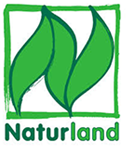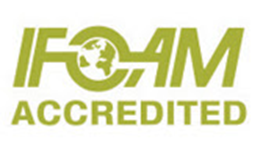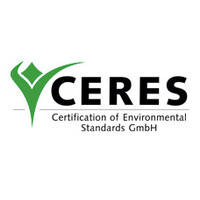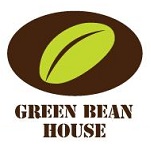Coffee Certifications
There are many certifications that are designed to help discerning buyers determine whether their coffee is sustainably, ethically and or organically grown.
While the internet holds multiple resources on these certifications, that can be confusing so we've tried to summarise those relevant to coffee here. When we are aware of them, we advise in our product listings which certifications (if any) each coffee holds.
Ethical / Sustainability Certifications
Fairtrade and Rainforest Alliance are two of the most well known certifications that have similar goals but slightly different focuses.
Both organisations believe in the urgent need to transform agricultural practices and both are committed to trackling unsustainable production and market practices. Accordingly, both are members of ISEAL (the global association for social and environmental standards) and are both founding members of the Global Living Wage Coalition and the Liviing Income Community of Practice.
Other known certifications are also shown.
|
|
Fairtrade's mission: "to connect disadvantaged producers and consumers, promote fairer trading conditions and empower producers to combat poverty, strengthen their position and take more control over their lives". One of the ways they do this is to give producers a guaranteed minimum price. |
|
|
|
Rainforest Alliance's mission: "to create a more sustainable world by using social and market forces to protect nature and improve the lives of farmers and forest communities". They believe that social, economic and environmental improvements are inseparabe elements in the broader goal of sustainability. |
|
|
The UTZ certification is focused on coffee, tea, cocoa and hazelnuts. The program enables farmers to learn better farming methods, improve working conditions and take better care of their children and environment. UTZ is now part of the Rainforest Alliance, and will, at some point, cease to exist. |
||
 |
SPP - Small Producers (Símbolo de Pequeños Productores) |
This symbol represents that the products come from authentic democratic and self-managed organisations of small producers, with the criteria including social, cultural and ecological sustainability and the products traded under fair conditions. |
Organic Certifications
Different areas of the world recognise different organic certifications. Additionally, they can merge adding more confusion. This is the current list of organic certifications that we are aware of, relevant to coffee.
|
|
The National Organic Program (NOP) develops the rules & regulations for the production, handling, labeling, and enforcement of all USDA organic products. |
|
|
|
JAS stands for Japanese Agricultural Standards. Products showing this logo have met the Japanese guidelines for organic products. |
|
 |
||
 |
The German Association for Organic Agriculture considers social aspects as well as organic aspects, and is generally additional to the EU Organic certification. |
|
 |
Bio Latina was founded in 1998 as a result of the merger of four independed certifications bodies: BioPacha, Inkacert, Biomuisca and CENIPAE. |
|
 |
IFOAM | Founded in 1972, IFOAM - Organics Internation is a membership-based organisation working to bring sustainability to agriculture across the globe. |
Certification Services
These organisations provide certification for and/or are accredited by many of the above organisations.
 |
Owned by and global certifier for Fairtrade International |
|
|
|
EU, USDA-NOP, JAS,SPP and others |
|
 |
EU, JAS, Naturland, USDA-NOP, Rainforest Alliance, SPP and others. |
|
 |
NOP, JAS and others |
|
 |
JAS, USDA-NOP, Rainforest Alliance, SPP, Fairtrade and others. |
|
 |
Rainforest Alliance / UTZ, EU, JAS, Naturland, USDA-NOP and others |
|
 |
IMO Control | Rainforest Alliance, EU, JAS, USDA-NOP and others |
| Ecocert | EU, JAS, Rainforest Alliance, USDA-NOP and others |





